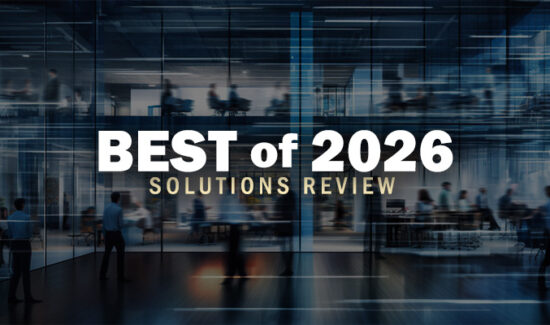Redefining Trust in 2025: AI, Digital Identity, and the Future of Accountability

Darrell Geusz, Product Lead for Neo at Ping Identity, recently spoke with his colleagues and compiled some of their insights on the trends shaping digital identity, AI, and trust. This article originally appeared in Insight Jam, an enterprise IT community that enables human conversation on AI.
 In 2025, the convergence of artificial intelligence (AI), digital identity, and societal expectations will redefine how we trust, transact, and hold organizations accountable. As AI advancements challenge our ability to trust what we see, hear, and experience, a new mindset will emerge that places verification at the core of all digital interactions. Consumers will demand greater transparency and security from businesses, while organizations will adopt innovative technologies like digital wallets to better safeguard identities and foster trust. I spoke with my colleagues at Ping Identity to gather insights on what to expect in 2025 and how businesses can best prepare for the future. Here’s what they had to say:
In 2025, the convergence of artificial intelligence (AI), digital identity, and societal expectations will redefine how we trust, transact, and hold organizations accountable. As AI advancements challenge our ability to trust what we see, hear, and experience, a new mindset will emerge that places verification at the core of all digital interactions. Consumers will demand greater transparency and security from businesses, while organizations will adopt innovative technologies like digital wallets to better safeguard identities and foster trust. I spoke with my colleagues at Ping Identity to gather insights on what to expect in 2025 and how businesses can best prepare for the future. Here’s what they had to say:
Andre Durand, CEO and Founder
“AI is redefining how we communicate, how we work, and most importantly, how we trust. We can no longer implicitly trust what we see, hear, read, or receive, whether it’s an email, text, voice call, or even video call. In 2025, we’ll adopt the ‘trust nothing, verify everything’ mindset, as AI will impersonate everyone from public figures, personal contacts, and even ourselves at a record rate. We used to trust by verifying. In the future, we will only trust what’s been verified. In identity, Verification will become the new Authentication.”
Darryl Jones, Vice President of CIAM
“Identity fraud is not a novel concept. From stolen credit cards to spam calls, consumers have been dealing with identity theft and its ramifications for years—and it’s an increasing risk as advancing technology like artificial intelligence (AI) becomes more prevalent in everyday lives. 2025 will mark the shift of consumers demanding more transparency from businesses around their security practices and the use of AI.
“In fact, 89 percent of consumers already have concerns about AI when it comes to their identity security, and 97 percent have concerns about their personal data being online. Consumers will begin holding companies accountable, insisting that the businesses they interact with do better when it comes to protecting their personal data amid the AI boom. Organizations deemed untrustworthy will become extinct by default and need to adjust their approach to digital identity in order to keep up with rising concerns, or else risk losing loyalty.”
Patrick Harding, Chief Product Architect
“If 2024 was the year when cyber-criminals became more sophisticated, and deepfakes came onto the scene at a record rate, then 2025 will be centered on how organizations choose to secure their business, adopting new technology to combat these threats while putting control back in the hands of customers.
“As such, 2025 will be the year we’ll see increasing adoption of digital wallets that safely secure digital identities and allow users to transact, travel, and verify identities at a moment’s notice. According to a new study, 74 percent of consumers like the idea of digital wallets or ID cards that are kept on personal mobile devices, but barriers to adoption are top of mind. Businesses will start adopting a seamless, gradual, and approachable rollout to digital IDs, helping ease consumer concerns while progressing to more widespread adoption. Those who cannot offer a secure, customer-centric experience will be at risk of falling behind early adopters who embrace this new wave of digital interaction.
“The challenges and opportunities brought by AI, digital identity, and evolving societal expectations will demand a fundamental shift in how we approach trust and accountability. Organizations that prioritize verification over assumption, embrace secure and user-centric technologies, and align their practices with consumer demands for transparency will lead the way in this new era. By adapting to these transformative forces, businesses can not only navigate the complexities of the year ahead but also build a foundation of trust that ensures long-term success and competitiveness.”


















